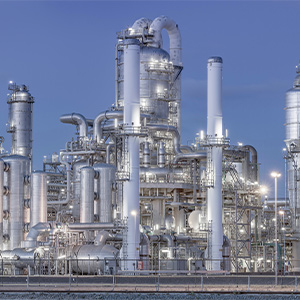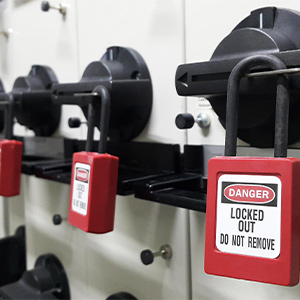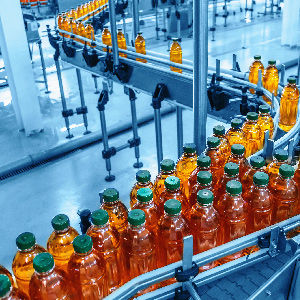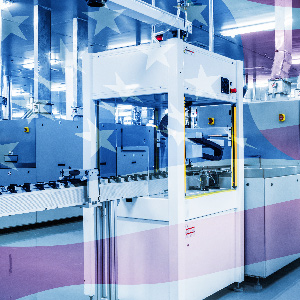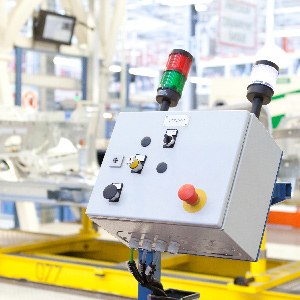Safety
Recent Posts
Lubrication Mistakes That Cause Machine Downtime
Post By: Luke West On: 19-06-2023
For most manufacturing facilities, machine downtime means thousands or even millions of pounds lost in production. The key to solving this is preventive – or predictive – maintenance. A relatively small investment can help...
What Is Lockout Tagout?
Post By: Tom Rowse On: 17-08-2022
Lockout/Tagout (LOTO) is a mandated set of safety procedures operational in the United States, under the governance of the US Department of Labor's Occupational Safety & Health Administration (OSHA).
10 Manufacturing Trends For 2022
Post By: Ryan King On: 16-12-2021
The global pandemic has continued to drive industrial innovation, leading to a greater reliance on automation and the IIoT (Industrial Internet of Things)...
Exporting Machinery To The USA
Post By: Tom Rowse On: 17-11-2020
If you’re an OEM (original equipment manufacturer) who's thinking of breaking into the North American market, there are a few legal and safety requirements that you must fulfil...
10 Machine Safety Rules You Should Follow
Post By: Tom Rowse On: 24-08-2020
Anyone working with, or around machinery needs to be alert to potential dangers at all times. As machines continue to become more high-tech and complicated, we must also keep up to date on...
Get More Safety Content From Rowse Straight To Your Inbox
Wherever there are machines in the workplace and people to operate them, safety will always be of prime importance. Whether it's designing safeguards or implementing a code of behaviour for employees, preventing accidents at work is an employer's first responsibility. Moving machinery can cause a frightening number and type of injuries, including cuts and burns, blunt force trauma, crushing and abrasion, trapping between moving machine components, stabbing, severed body parts and even death. Even using a machine in the wrong way can lead to lesser problems like repetitive strain injury and bad posture.
What Is Machine Safety?
When installing and operating any workplace equipment, the government's Health and Safety Executive recommends that the following should be considered:
Machines must be complete, free from defects and with all necessary safeguards fitted, which the supplier is legally obliged to provide (such as locks, hand guards, etc). Safeguards must be properly designed to prevent injury and not invite misuse or bypass.
Buyers must also be informed of any residual risks, and a safe system for use and maintenance of the machine must be set up to avoid them. Machines must be safe for all necessary work, including repair or maintenance, at any time during their life cycle.
The right machine must be provided for the required job, and machines not be accessible to any non-authorised personnel. Static machines must be properly installed and stable (typically fixed down).
Machines must always be properly switched off, locked off or isolated before any repair, adjustment or maintenance is carried out, including power supplies.
Machine safety in the UK is governed by regulations that assure the safety of any people who are operating or working around machinery. Under the Provision and Use of Work Equipment Regulations, assessments can be made to ensure that all work equipment is functioning in accordance with predetermined safety checks. This includes any appliances, apparatus, tools, machinery or installation in the workplace. The scope of these regulations is very broad, since it not only includes any item provided by employees for their own use, but also covers all equipment-related activities, including starting, stopping, setting, programming, maintaining, modifying, servicing, repairing, cleaning and transporting.
How Can Rowse Help?
Rowse are authorised machine safety experts. We can provide full PUWER Assessments with a detailed report on completion, together with our safety recommendations. We have staff accredited with the CMSE® qualification (Certified Machinery Safety Expert, as certified by TÜV Nord), and we are always on hand for advice.

